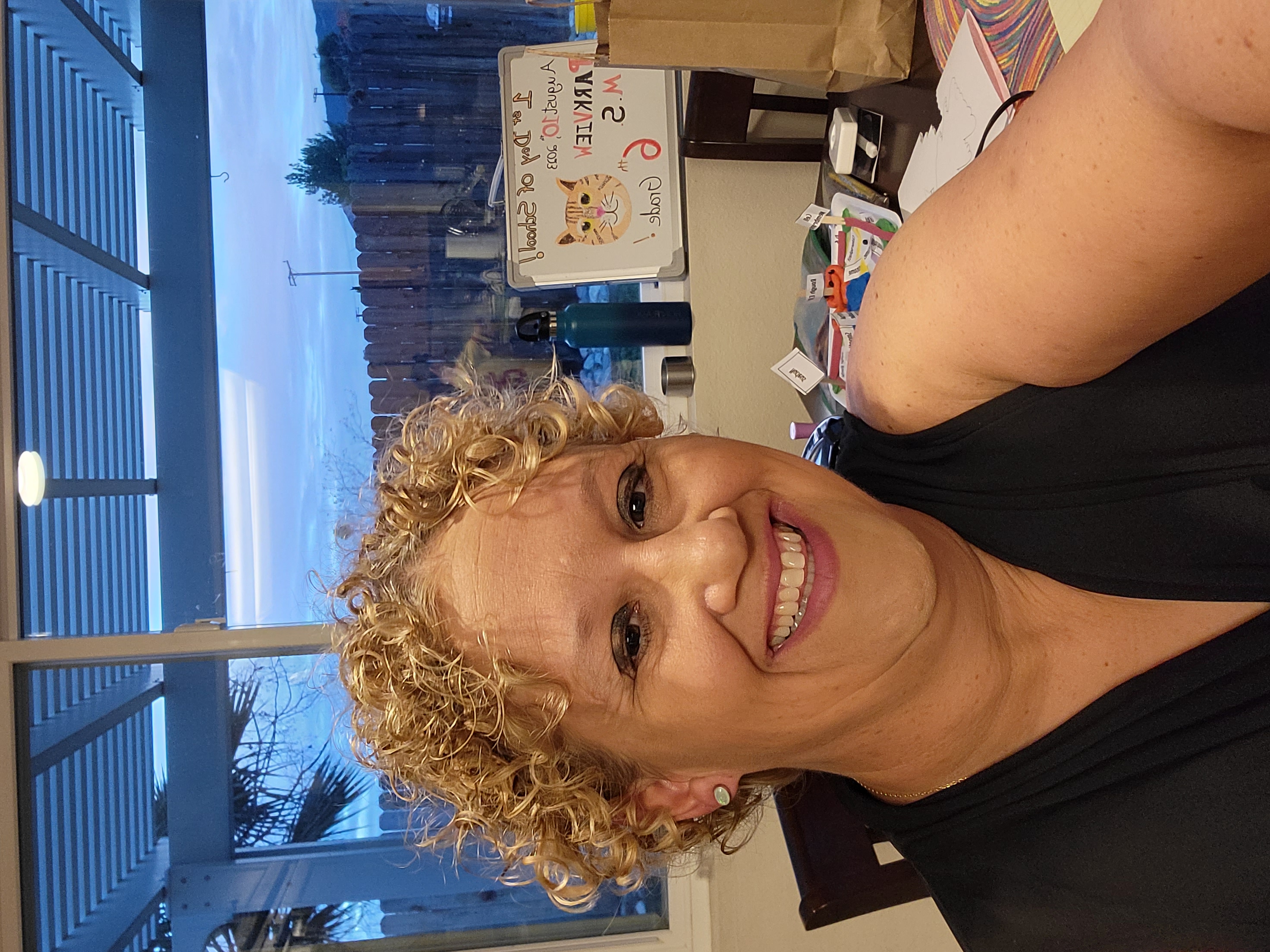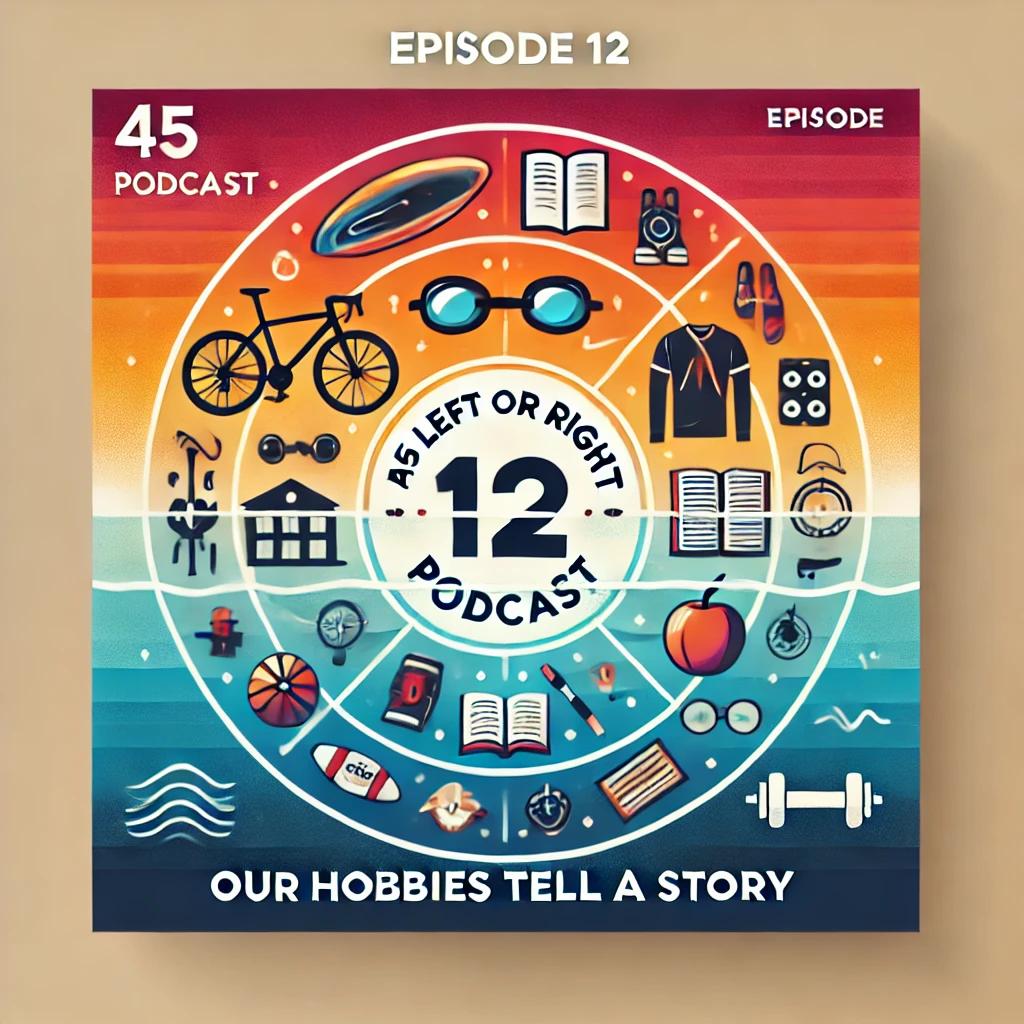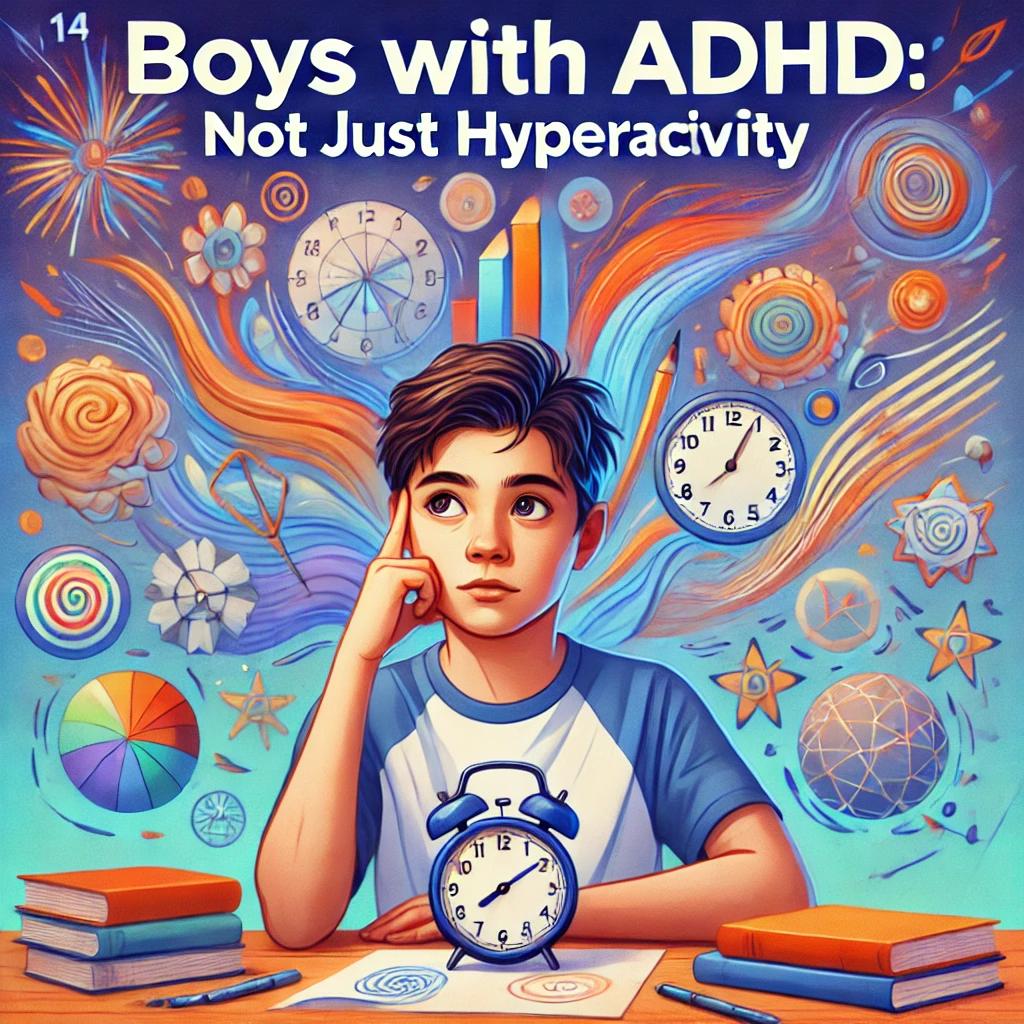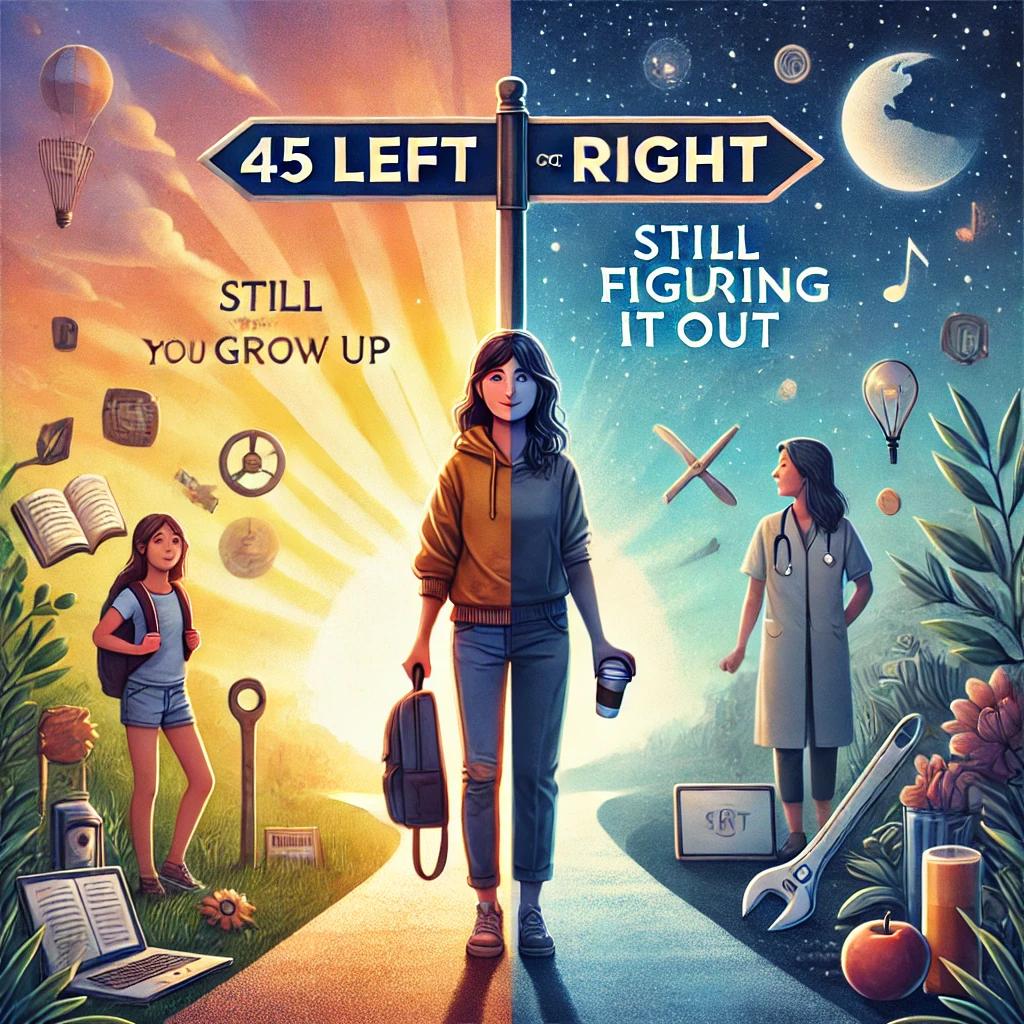Episode Transcript
Welcome to the 45 Left or Right Podcast, Episode 12, Our Hobbies Tell a Story. This podcast was going to be a little light episode about hobbies and how they change as we get older. But as I was writing it, I noticed that my hobbies tell a story, and I think yours might too, if you think about it. Right after Jeff and I were married in 2002, we lived apart.
He was in New Jersey and I was in flight school in Alabama. It really sucked. We got back from our wonderful honeymoon in Mexico and we left for different places. I remember talking to him on the phone and I said, we are going to train for a triathlon together. And he said, no, I am not doing that. You can do that.
I am not doing that. A few months later, he moved to Alabama to live with me. He just could not stay away. And we trained for and ran a triathlon on post, uh, at Fort Rucker called the Lake the Laco Triathlon. It was a 400 meter swim. It was a 10 point mile mile, uh, sorry, 10.1 mile bike ride and a 5K run.
The water was so dirty that you couldn't see your hand in front of your face, but we got through it without any infections, which was miraculous. After that, we ran a lot of triathlons together, uh, mostly of the sprint distance, which is usually between a 500 to 700 meter swim, an eight to 12 mile bike ride, and generally a 5k.
When we moved to Fort Drum, New York, which is 20 miles south of the Canadian border, and thus very cold and snowy, in the summers, when the snow had melted, we started cycling together. There were lots of these really good roads to bike around near our house, where you would ride past these cow pastures that just stank of manure.
But then you'd also ride by these fields of flowers that smelled really sweet. And we could just ride right from our house to any of these routes. One of our favorite bike rides was to this really good ice cream shop called Treats Antiques in Natural Bridge, New York. And it was called Treats Antiques because not only was it an ice cream shop, but it was also an antique store.
So it was really interesting. The route to get there was downhill going there and uphill going back. Do you know how hard it is to ride uphill eight miles on a stomach loaded with sugar and dairy? It's terrible and we always forgot that and we did it every time. I remember once we were biking to treats and teas and my water bottle fell and it became lodged in between my bike frame.
And my wheel, I went from 15 miles an hour to zero miles an hour. And just a few feet, I screamed and I just became to this abrupt halt. Jeff heard my scream and immediately tried to get off his bike to help me, but he forgot he was clipped in. And he fell, he fell, but valiantly. This was one of those times when I was reminded of what a great protector he is.
He's always thinking of others before himself, uh, but he has a particular protective instinct toward me, which is really sweet. We went for a late night bike ride one night at Davidson and this little old lady backed out of her driveway and she hit me a little bit with her car. Jeff Made her roll down her window and he got right in her face and he said, you hit my girlfriend!
Because she didn't realize it. And he did scare her a little bit, but I knew he was a keeper then. I knew, wow, I really loved this guy. And you know, it's sort of proof that he loved me, too. When I was deployed to Iraq from 2005 to 2006, the Once triathlon resistant, Jeff ran five different triathlons, even going six hours to Long Island to see his brother to run a triathlon there.
Jeff was completely alone at Fort Drum. He was 1, 100 miles from my parents and 1, 800 miles from his parents and he needed something to do. He needed distractions. And I was in a similar situation in Iraq, you might not believe this, but being in a combat zone is, can be boring at times, especially, you know, I wasn't in direct combat, you work.
You know, uh, throughout the day and then you come back to your trailer and really all there is to do is eat. And we did have some TV, um, some of the soldiers played video games, but that wasn't really my interest. So it's, there's not much to do. So I ran around Camp Zeitoun, which is where I was stationed.
I ran around there a lot. And I even organized a run, you know, and ran a half marathon on July the 4th. And we called it the hotter than hell half marathon, because I think it got up to 120 degrees that day. And a few of us actually had our bikes shipped to us and we would ride around the camp after work.
We would dare each other to do stupid things like cross over the shit stream The Koreans routed their sewage, or we would ride through the Korean headquarters and kind of terrorize people down there. They, they hated that. They actually ended up, um, building a fence, like a gates. So we couldn't do that anymore.
We would get flats from big old thorns in our tires. We raced each other. I mean, anything to keep us safe. The boredom away and stay occupied.
Welcome back to 45 Left to Right Podcast. My story continues with a tiny bit of research. Hobbies have always had a reputation for being trivial, but they really shouldn't be considered that way. The term came about in the 1100s and then kind of reappeared in the 16th century, but they were considered childish pursuits.
In fact, that term hobby horse. Um, originally came in the 16th century when they would build these little hobby horses for children to play on by the 1800s, since workers had more leisure time, you know, there's unions sort of, or union bargaining sort of came in, they had more time off work. So after that, hobbies had more respect and are more like how we see them today.
But I sometimes think that we as Americans in particular, we see anything that doesn't make us money as frivolous because it's not being productive, but I, I absolutely disagree. In writing for this episode, I realized that my hobbies have saved me. They tell my story. I'm just going to go by decade. When I was in my twenties and young and fit and thin and spry, I did a lot of sports.
Jeff and I hiked and camped. We went snowboarding. We played tennis and we ran triathlons. Then I injured my back in the helicopter. Um, not because of a crash or anything, but because of the helicopter's vibrations. It's always, you know, when you're sitting in it, it's always kind of vibrating. And then the seat is really uncomfortable.
It's basically a metal frame with mesh seats, you know, mesh material. And it's built more for protecting you in a crash, which is important, but it's just not comfortable and that's not the consideration ever from the army. So even though I was going through multiple back surgeries and I had all these different injections and treatments, I refused to acknowledge that my body had changed.
I tried to continue running, hiking and biking and camping with just an air mattress, but my body always suffered. One thing I knew I could do without pain was swimming. Jeff and I had access to this cool, clean lake, not too far from our house in Carthage, New York called Sylvia Lake. There is nothing like putting your head into cool water and just enjoying the silence underwater.
And then The rhythmic swishing of water around you. Jeff and I were newly married and living in this place we never thought we would be in. So everything was an adventure and swimming in the wild just felt right. I left the army when I was almost 30 because of the back injury and a lot of unsuccessful procedures.
I dropped cycling for the most part. That hunched over position really killed my back. I actually came to that decision. We went on, we did a, uh, MS bike ride. Jeff did the 50 miles, which is insane. And I think I did the 20 miles and it was just pure torture for me. I just, uh, I made it, but I was in so much pain during and after.
I just said, I think that's it for me. Now I insisted on trying to continue to run. Cause I really loved running, but I always had bad sciatica after, uh, if you don't know what sciatica is. It's when the, um, nerve, like kind of in your lower back, is impinged by a disc and you get this really horrible shooting pain down your leg.
I mean, it's really uncomfortable, but I was holding onto these hobbies because I hadn't accepted that I was not going to be the athlete that I thought I was going to be forever. Forever. I wanted to be running triathlons when I was 70, but my body did not agree. I was depressed over my condition. I was overusing prescription pain medication.
I was feeling a loss of purpose after leaving an intense and fulfilling seven years in the army. And I was having to say goodbye to an identity. that I was proud of. I was not in a good place. I returned to the water. Charlotte didn't have the open water opportunities that I would have liked, but I found a really nice pool and I swam laps regularly.
When I was pregnant with Devin, I swam and Devin came out as joyful water baby. He has always loved the water. I remember when he was, I don't know, probably two or so. We were at a public pool in Palm Springs and he was just splashing around and squealing and laughing. And the lifeguard had been watching and he noticed, and he said, wow, he really loves the water.
I'm going to take credit for that. And he still does. The boy does front flips into the pool. He dives down to the bottom and up. Everything that a kid should do in the pool, except the front flips. He enjoys boogie boarding at the beach. So much that you have to drag him out of the water. And it has come full circle for me to enjoy the water together with Devin and with Jeff.
Last summer Devin and I invented a rather vicious game called Murder Ball, where we use this cool, uh, it's called a watermelon bar ball, and it's heavy, but it's also floaty, and so we will dive down and try to wrestle the ball out of each other's hands. Um, it sounds crazy, but it's really exhilarating and really fun.
Some of my best memories with Devin And the pool are from Murderball. Uh, I enjoy it because I get to enjoy this invented game with my son and I can last through Murderball because I'm an experienced swimmer. Our entire time in Charlotte was just really fun. We camped and we used to camp and then float down the French Broad River.
We watched movies, played poker, and there was a lot of drinking also involved. Um, but we made these really awesome friends in the process. We needed a release from our very stressful time in the army. And just with all the complications I was having with my back injury. I played Bunko in the neighborhood, uh, with the neighborhood ladies every week, and that's where I met Kathy Gregg, and later her husband, Bill Gregg.
Neither of us have lived in Charlotte for 10 years. They even lived in Mexico for three years, but through that whole time, we have Skyped or Zoomed every Sunday night. Almost without fail and counting. We still do it. We, uh, zoomed with them last night and they're really important to us. They are Devin's adopted grandparents.
And all of this, this friendship is because of Bunko, a hobby. In my late thirties, when Devin was little, I had time for only like a few non childcare related hobby. Um, we moved to Southern California and we didn't know anybody to do anything with anyway. So what did I do? I swam. I took Devin to the YMCA where they had child care and a pool and I would lift weights and swim laps.
That was the one part of my day that was for me. That feeling of putting your head in the water, of having your body feel light and supported, And then you only hear the whooshing of the water. It is magic. When I turned 40, I was starting to get my act together. I quit drinking and doing other things I wasn't supposed to be doing.
Devin started school and so do, so did I. My very first class at UC Irvine was taught by the most dynamic professor. I have ever had. Laura Mitchell. She took a subject that I didn't think I would have much interest in, African environmental history, and she made it my favorite class. It turned out that she enjoyed swimming and ocean swimming, and we became friends through that.
The next quarter, we began swimming laps together, and I eventually, through her, got connected to the very active and vibrant ocean swimming community near Irvine, which happens to be just a few miles from the Pacific Ocean. The Pacific Ocean challenges you in so many ways, and I enjoy putting myself in challenging Situations, because for me, it's the way for growth.
The water is cold, so you have to adapt to that. The currents can be strong, so you have to find ways to overcome those or adjust. The waves can be large and powerful, and they have taught me that sometimes it is okay. to bail, to say, I can't get through these. I'm going back to shore. One of my biggest fears in life is failure and swimming in the Pacific has made me realize that bailing isn't necessarily failing.
It just means you have to reconsider your approach or. I need some rest, and then I'll come back and try it again. You don't have to get it the first time. There is such joy that can be found in the ocean. Joy in doing hard things, and joy in the freedom of swimming, and this thing that just seems to go on forever.
Just like any relationship, my relationship with swimming hasn't been completely smooth. I had some burnout, was swimming, I got tossed up around a few times in the, in the ocean by the waves, and I just developed some fear that I need to overcome. I also became obsessed with perfecting my form. And I just lost the joy that I had in swimming.
I was focusing so much on, I know, Oh, my elbow needs to be like this. And my arm motion needs to be like this. And that is all good. Um, to, to worry about those things, but I was really beating myself up. Why can't you get this? Why? It's not that hard. Why am I so tired? Just really beating myself up in my head.
I actually just recently got back into the pool, started swimming laps again, and I think I will join Laura again in the ocean this summer. She keeps sending me these really great pictures of her enjoying the ocean, and I'm definitely tempted. Which I'm sure is her agenda with that. Another joy I found in my forties is Brazilian Jiu Jitsu.
Jiu Jitsu is a grappling martial art. It's like wrestling, but instead of pinning someone, you find a way to submit them with a joint lock or a choke. I know it sounds violent, but it really isn't. It's like a chess match for your body. Uh, when I started jujitsu, I had really severe depression. And though I still needed other treatments for that, jujitsu really saved me.
When you do jujitsu, you can only think about it. There's nothing else on your mind. I still love it. Uh, though I have had some injuries. ACL reconstructed. Um, and a couple of other, other less major things, Jeff would be fine if I quit, but he knows not to try to make me do something because I will resist.
I've actually had pretty slow progression with jujitsu. I've, I've been a blue belt for several years, um, with all my injuries, but I just can't stay away from it. And I can't explain it. You just have to try it. Now I am 45. I will be 46 in June. I think I'm supposed to be slowing down, but I do not accept that yet.
Nope. Nope. Nope. Nope. Jeff tells me I am stubborn, which is true. Um, for sure. He's definitely right about that. Along with jiu jitsu, I enjoy lifting weights, and I've been doing a regimented Program for over a year, heavyweights, nothing pastel. I like the rush of lifting heavy things, and I like how strong I am.
Like, I'm ready for Murderball. Bring it on, Devin. I like that I have a bicep bulge and I have a quadricep ridge and then I have a little divot, uh, on my triceps. Devin grabbed my arm once and he said, Ooh, it's so firm, mom. Wow. Coming from a kid who once called me fluffy, I would call this progress.
Welcome back to 45 left to right podcast. This episode has been a whole lot about me and I hope you found me interesting. Our hobbies certainly change as we get older, but I think they also tell a story of how we age. They reflect our personalities, our circumstances of living, our relationships, our mental state, and of course, what is going on with our bodies.
Some people might view a hobby as something trivial. But hobbies can have such healing power. For me, my hobbies have been a way to deal with life, whether I'm dealing with something happy or sad or frustrating. Certain ones have come into my life briefly, and then others, like swimming, have been there all along.
They aren't just a way to pass the time, I think. They are a way to Reflection of our lives.
Thank you for listening to 45 left or right podcast. I appreciate both my faithful and new listeners. I just wanted to, a few, a few of you have asked me how to rate and review and subscribe and all of that. So, um, on Apple, which is the most popular, listening app, um, on Apple. From your iPhone, once you're on my podcast page, if you scroll down to the bottom, you'll see an option that says, write a review.
And with that, you can rate it with stars, hopefully, hopefully five. And then you can leave a comment, which I hope is, this is brilliant. This is amazing. And everyone should watch it. For Spotify, you cannot leave a comment. But if you click the three little vertical dots to the right and under the podcast name, um, or you can do that next to a specific episode, then you can rate it also hopefully with five stars.
And to follow the podcast on Apple, on an iPhone, there should be three little vertical dots. At the top right of the podcast page, and then you can follow there on Spotify. Um, it's easier to find just under the podcast name, there will be a follow button. So if you love the podcast, um, please do that. That would be wonderful.
It helps me be discovered and also just makes me feel warm and fuzzy. And I'm also on Instagram, Facebook, Twitter, and YouTube. And I'm always sharing some little quip or a clip from the show or just something funny, um, related to the week's podcast episode. So again, thank you for listening and we'll talk to you next week.
Haven't decided on the topic yet, but bye for now.




